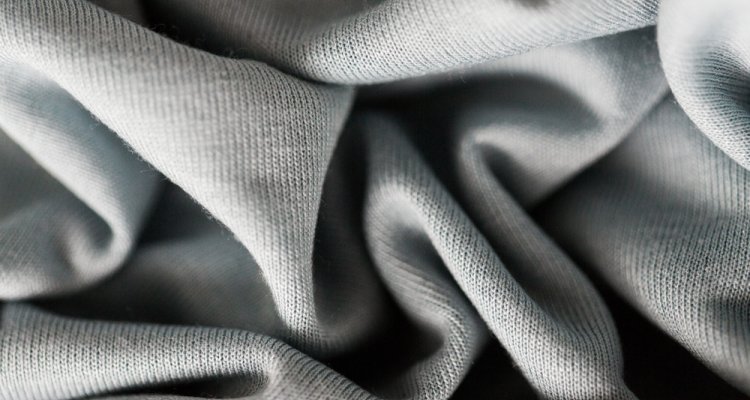
Project
Bio2HighTex/Wastexcel: new solutions for the textile chain
In the regional project Bio2HighTex, Wageningen Food & Biobased Research has been working together with partners from the textile chain on opportunities to reduce the use of fossil oil and to jointly bring about innovative sustainable product solutions. The project in particular has focused on opportunities for the regional economy in the east of the Netherlands. This collaboration has enabled the development of products such as working cloths and geotextiles, based on natural on one hand and on recycled fibres on the other.
Textile consumption is huge and growing. Since the year 2000, the amount of textile items sold worldwide has more than doubled. After use, by far the major part is incinerated and landfilled, and only a small fraction is recycled. To a certain extent, the low recycling rate relates to the composition of many textiles, which often contain different types of fibres: cotton, polyester (PET), elastane, etc. Recycling of so called mono materials like pure cotton is possible today, however, separation and recycling of mixed textiles is a challenge. Since a large fraction of textiles contain elastane, a technology for extraction of elastane would mean an important step for recycling of textiles.
Textile recycling
In this project, a method has been developed to recover cellulose from intimately blended cotton-elastane consumer textiles. Over 99% of elastane present in the mixed textiles could be extracted. Following element analysis, the recovered cotton contained less than 0.05% of residual elastane. Depending on the residual length of the recycled cotton fibre, it could be used as a blend with virgin cotton, or it could be used as feedstock for the production of regenerated cellulose (viscose, lyocell).
Value creation
The Netherlands, as well as Europe, wish to shift to a more circular and climate neutral economy. Separation and recycling of materials and products play an important role in this, especially in the textile sector with many products consisting of mixed materials. Elastane is regarded as a contaminant, making recycling difficult. The technology developed in this project could contribute to recycling options for elastane containing post-consumer textiles. A patent application has been submitted to protect the knowledge.
Regional value chains
A unique aspect of the Bio2HighTex project is the combination and mutual reinforcing of agro-fibre raw materials (hemp and flax) and high-tech textile technology, with the aim of developing new sustainable materials. Wageningen Food & Biobased Research has deployed its knowledge and expertise in the production and processing of fibre raw materials such as hemp and flax. This knowledge is a prerequisite for making the raw materials suitable for industrial use in textiles. The collaboration has resulted in a fabric based on flax and recycled polyester for working clothes.
An ERDF grant has been given for this project.